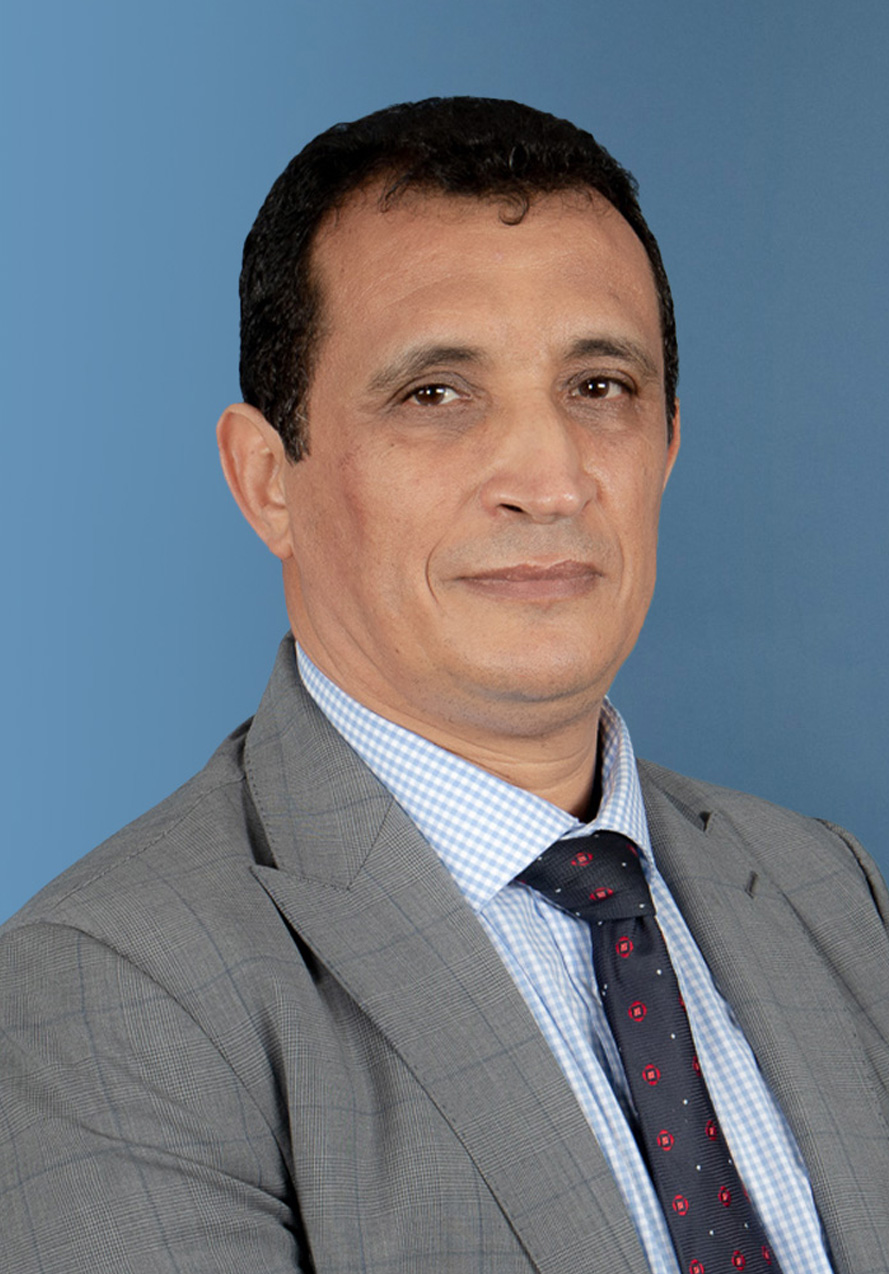المؤتمر السنوي للسلم والأمن بإفريقيا : الامن الافريقي في زمن الارتيابات ـ اليوم الأول - APSACO
كانت سنة 2021 سنة اضطراب جيو-سياسي وانقلاب جيو-اقتصادي عالميين. ومع تزايد زخم الأحداث، دخل العالم فترة تحول جيو-سياسي وجيو-اقتصادي تعلن نهاية دورة تاريخية وتُنبِّؤ بآفاق غير مؤكدة لدورة جديدة. وعليه، فإننا من الآن فصاعداً أمام تغير عالمي حقيقي ينطوي على نقاط ضغط متعددة وقوىً دافعة جيو-سياسية واقتصادية ومناخية وتكنولوجية وأمنية وصحية.
ومن المرجح أن تتأثر القارة الإفريقية بدرجات متفاوتة، حيث إنها اتبعت على مر العقدين الماضيين عملية تنويع في الشراكات الاقتصادية والسياسية والعسكرية على مستوى الدولة والمؤسسات، سواء على الصعيدين القاري أو الإقليمي. والحال أن الأوضاع الاقتصادية العالمية إلى جانب التحديات البنيوية لإفريقيا يفاقمان من التوجهات الأساسية ذات النتائج الجيو-سياسية الحتمية، وتتجلى أولها في أن الحرب في أوكرانيا قد اندلعت في وقت يشهد فيه المشهد الجيو-سياسي العالمي توترات بين الصين والولايات المتحدة وصعوبات في تحديد نقاط قوى النظام العالمي الجديد. وبالتالي، فإنها أصبحت جزءاً في دينامية مترسخة بالفعل يدفعها منطق الحل الأمثل (الحد الأدنى من التكاليف مقابل الحد الأقصى من المنافع). أما ثانيها فيتمثل في كون الأمن الغذائي الإفريقي معرضاً للخطر، فالقدرة على تأمين الوصول للغذاء الكافي قد تأثرت بشدة جراء توالي النزاعات والكوارث الطبيعية والأوبئة. علاوة على ذلك، يفاقم تغير المناخ مخاطر اندلاع النزاعات في العديد من المناطق من خلال الزيادة من حدة العوامل الاجتماعية والاقتصادية والبيئية القائمة. وتعد ساكنة هذه المناطق من بين أكثر السكان عرضة للأزمة المناخية وأكثرها تعرضاً للتهميش من قبل العمل المناخي. وأخيراً، يُعتبر الضعف المؤسساتي وعدم الاستقرار في العديد من الدول من أهم العقبات التي تقف أمام مكافحة العنف والفقر. ويعد التغلب على هذه الهشاشة، في بُعدَيها الاقتصادي والبيئي، من الأولويات الحيوية بالنسبة لإفريقيا.
وتستدعي الحالة القائمة طرح بعض التساؤلات المهمة:
ما هي تبعات الحرب على الدول الإفريقية من ناحية الصراعات المتعلقة ببسط النفوذ على القارة، وكذلك الإكراهات الاقتصادية والعسكرية-الأمنية والديبلوماسية؟ ما هي الاستراتيجيات الإيجابية والمتعلقة بالقدرة على الصمود، الفردية والجماعية، التي يتعين على الدول الإفريقية اتباعها في مواجهة هذا الوضع؟ ما هي التداعيات على انعدام الأمن الغذائي في إفريقيا؟ كيف يمكن تحسين الأمن الغذائي في إفريقيا؟ ما هي التحديات التي ينطوي عليها تغير المناخ بالنسبة لإفريقيا؟ ما هي خصائص الدول الإفريقية الهشة؟ كيف يمكن تحقيق استدامة تقوية الدول في سياقات ما بعد النزاع؟















